Dive guides can be exceptional role models. They can help customers improve their diving ability; making their trips even more memorable by teaching them about environmental best practice. Boat and dive briefings are a great opportunity to tell your guests about Green Fins. They are also a good time to educate them about how they should behave underwater to protect coral reefs. But what makes a great environmental dive briefing and which pointers should you include?
Here, The Reef-World Foundation – which coordinates the Green Fins initiative internationally in partnership with the UN Environment Programme – shares its top tips on how to give a great environmental dive briefing:
Lead by example to give your guests a better experience
Research shows environmental dive briefings reduce diver damage to coral and help divers improve their behaviour. By providing clear and interesting direction – and explaining why certain behaviours help protect reefs – you can help your guests become Green Fins champions! They’ll remember you for teaching them to be a more environmentally friendly diver and might even leave a better tip!
Make it the standard
You might feel like you’re repeating yourself but, remember, your dive shop will have new guests joining you regularly. Plus, people need reminding! Make sure you remind all your guests about how to behave by including environmental content in your briefings, as standard. You should do this on every dive or snorkel trip (not just the first briefing with those guests).
Don’t forget the boat briefing!
As a Green Fins guide, it’s probably second nature to remind your guests in the pre-dive briefing not to touch coral or harass marine life. The boat briefing gives you another great opportunity to tell guests how you expect people to behave while onboard. A few of these points have been outlined below.
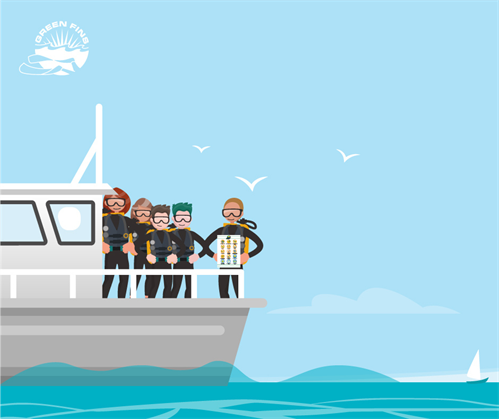
Including a few environmental reminders in your boat briefing can make all the difference
Sometimes it’s difficult to believe that your actions could change whole ecosystems but divers on boats can do just that. Throwing trash, cigarettes or food waste into the ocean can poison marine life and change their behaviour. Including simple environmental reminders in your boat briefings are a great way to educate your customers. These regular reminders help them learn how to protect the ocean and their favourite marine life.
Ask your divers not to be 💩 guests!
Remind your guests that anything they flush down the marine toilet will enter the ocean! Ask them to put tissue in the trash can and avoid using the toilet over dive sites and reef areas. Out in the deeper ocean is best if your boat doesn’t have a holding tank.
Show your guests how to dispose of their waste responsibly
Marine litter can kill turtles, birds and coral. Show guests how to safely dispose of waste while on board, including food waste. Any food thrown overboard attracts fish away from their natural food source. This disrupts the food chain and leads to unattractive, algae covered coral reef.
And don’t forget cigarette butts!
Cigarette butts are the most commonly found type of marine litter and can poison marine life. Even if you’re not a smoker, your guests might be. Make sure they know where to find the ashtrays onboard and encourage them to properly dispose of their butts.
Inspire your divers to be responsible right before jumping into the water
There’s often lots to get through in your pre-dive briefing. For example: health and safety, the route you’ll be taking and what marine life you might see along the way. It can sometimes feel overwhelming to try to add environmental points too. But remember, the pre-dive briefing is the perfect opportunity to teach your guests how they can protect the ocean. It is your office, after all, and acting responsibly will keep it healthy and thriving for years to come.
Reminding your guests of key environmental points during your briefing will inspire them to follow best practice in the water. This will help protect marine life from diver damage and preserve corals for the next generation of divers. Don’t worry about explaining the entire Code of Conduct – you can start with just three key points.
Remember key environmental points
While everyone’s environmental dive briefing will vary slightly – as each guide brings their own personality, flair and knowledge – there are a few points which are particularly important to remember.
As a guide, you could choose three of the following points which apply most closely to your divers’ behaviour:
- a reminder of your no touch policy;
- reminding your divers to keep their fins up and away from the seabed;
- asking divers to frog kick horizontally so they don’t damage coral and ruin visibility;
- asking guests to enjoy marine life from a respectful distance;
- reminding guests to never chase or harass an animal as this can cause them great stress;
- and, of course, asking them to take nothing but pictures and leave nothing but bubbles! All marine life provides coral reefs with the vital nutrients they need to survive so nothing should be removed.
Include the why
“Do this,” “don’t do that.” It can feel like there are a lot of rules when you’re going diving. Explaining why you’re asking guests to behave in a certain way, makes them more likely to follow your guidance. It also helps them learn to behave better in future and improves their diving skills. For example, rather than just telling guests to stay clear of coral, explain that touching can damage the reef and spread disease. You could add that coral animals are very fragile and can take months or years to recover from a small breakage.
Explain you might make corrections
Research shows correcting customers underwater helps them to improve their diving ability and learn best environmental practices. During your pre-dive briefing, let your guests know you might make corrections underwater. Explain that this will help them become good environmental role models and that you’ll follow up after the dive to make sure they understand why you recommended any changes. And make sure you do remember to follow up afterwards!.
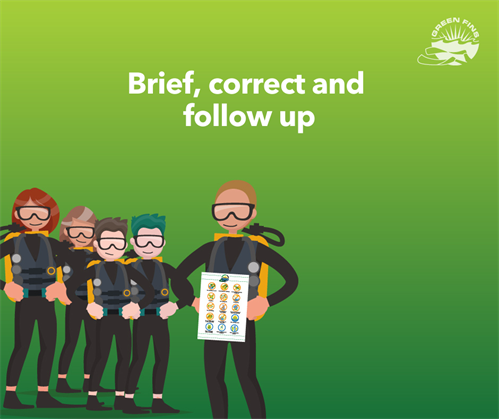
Enforce your no glove policy
Gloves give divers a false sense of security and can encourage them to touch marine life. The environmental dive briefing is a good opportunity for you to promote, and enforce, your no glove policy. Your divers will be kitting up so have a quick check whether anyone has gloves with them. If they do, ask them to remove them and explain why your dive shop has a no glove policy to protect coral reefs.
Remind your guests to be responsible photographers
More and more divers are bringing cameras or Go Pros underwater with them so it’s likely you’ll usually have an underwater photographer in your group. Remind them to:
- be aware of their surroundings, equipment and fins, as well as what’s on their camera screen;
- to assess the situation before approaching;
- and maintain neutral buoyancy so they don’t accidentally damage any coral or harm or stress any marine life.
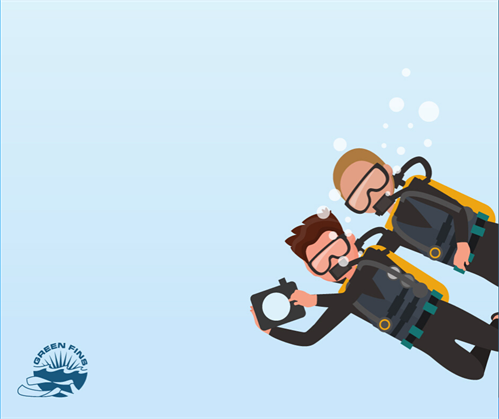
Take the opportunity to check equipment
When your divers are all ready to dive, check all their equipment is secured using clips and pockets. Be sure to tuck any loose equipment away so it doesn’t drag along the seabed and damage marine life. Be aware of how much weight they’re carrying, too. Divers with too much extra weight can cause a lot of damage to the reef. You might need to keep an eye on them during the dive and help them achieve neutral buoyancy by removing additional weights.
Use the Green Fins tools to help you
Find it hard to remember all the points to include in your environmental dive briefing? No problem – the Green Fins environmental briefing cards were created for that very reason. Print and laminate them and you can use them to jog your memory and help explain the importance of the Green Fins icons, to your guests during every briefing.
Be proud of your role as an environmental champion!
Including environmental pointers in boat and dive briefings has been proven to help divers improve their behaviour. By acting as an environmental role model, and including key points in your boat and pre-dive briefings, you’re helping to teach your guests to dive in a way that protects the environment.

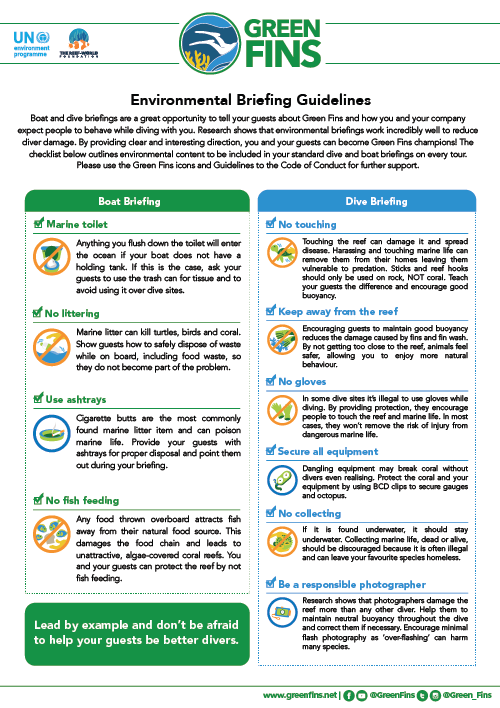
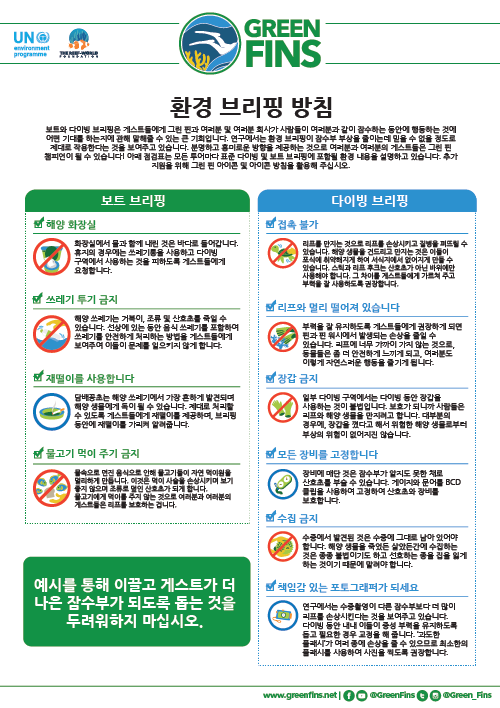
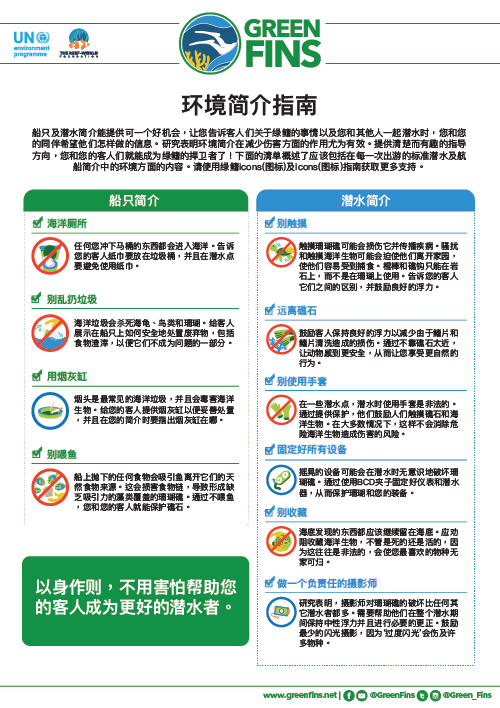

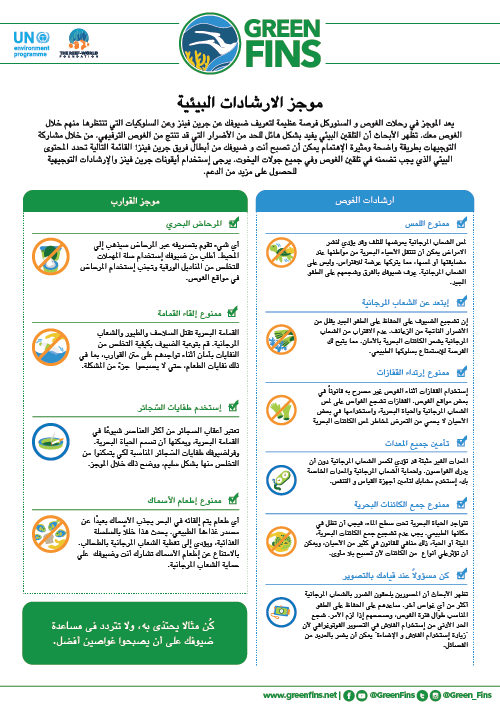
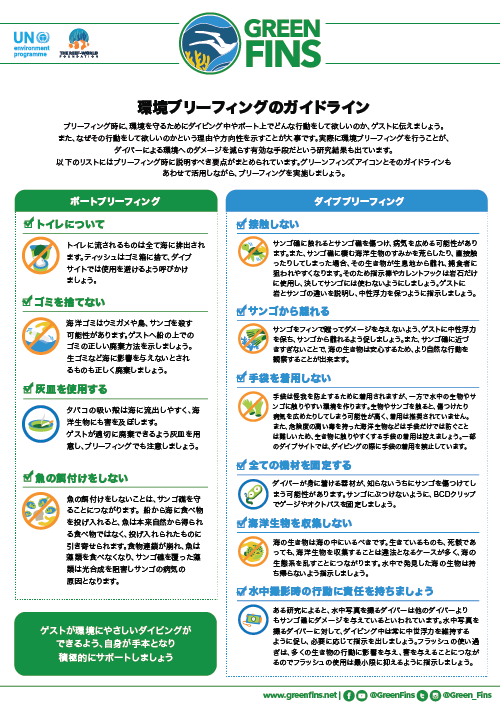
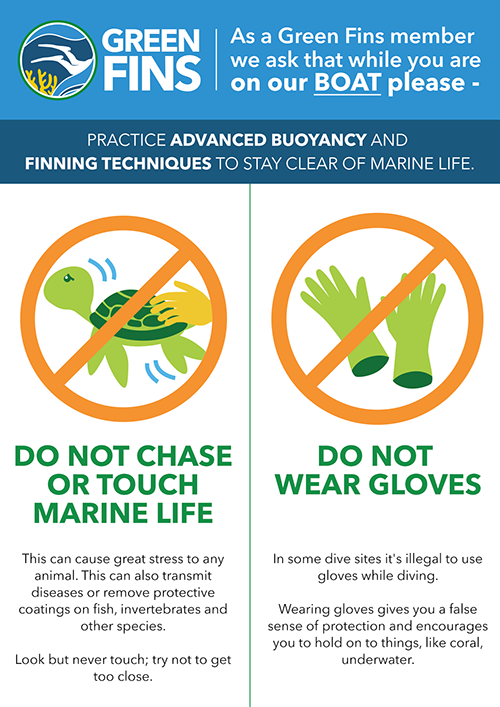
This article on environmental dive briefings is so important! Educating divers about marine ecosystems and their impact is crucial for conservation. Your tips on minimizing harm and promoting responsible diving practices can truly make a difference. Together, we can protect our oceans while enjoying their beauty. Thanks for sharing!
Environmental dive briefings are essential before getting in the water, they make such big difference!